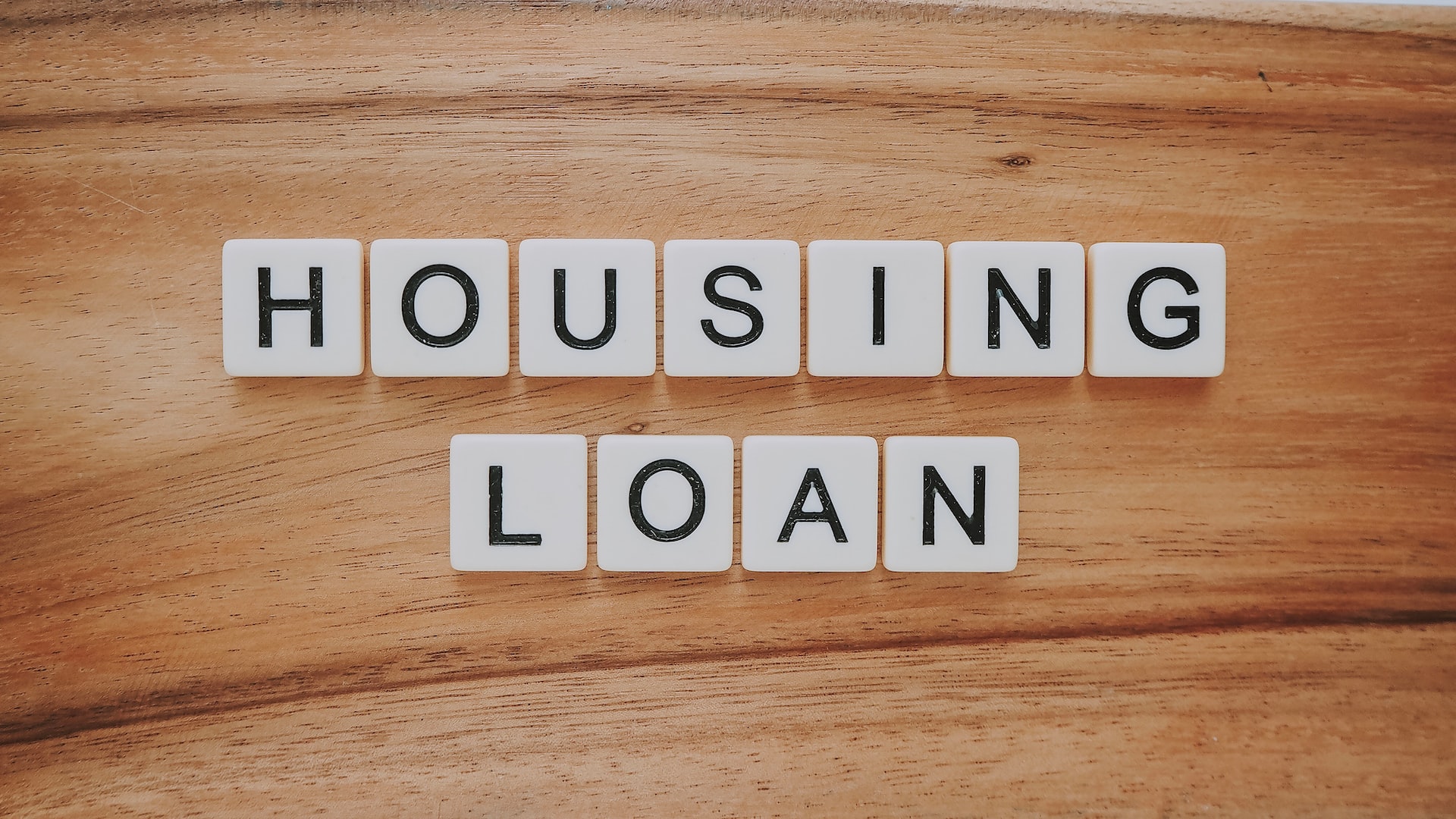
Introduction To VA Home Loans
When you buy a home, you probably think about the initial cost, monthly payments, and what impact it will have on your budget. But unless you’re a veteran or military member, you might not think about getting a VA home loan.
If you’re a veteran or active duty military member, buying a home can be even more affordable with a VA loan. These programs allow eligible veterans and service members to purchase homes with no upfront mortgage insurance costs, lower fees and mortgage rates, and special funding limits.
In this blog post, we’ll discuss everything you need to know about VA home loans if you’re a veteran or active-duty service member looking to purchase a home. If after reading below you apply for a VA loan due to being eligible, and at any time throughout the process, you come to a stand-still for whatever reason you should contact a military attorney for guidance and help.
Who Is Eligible For A VA Loan?
Generally, you’re eligible for a VA loan if you served in the military and received a discharge other than dishonorable.
However, there are other factors that affect your eligibility:
- Your length of service: Depending on how long you served in the military, you could be eligible to take out a 30-year mortgage, or a more favorable 25-year mortgage.
- Current employment status: If you’re currently employed in the military or in a civil service position, you can qualify for a VA home loan.
- Education level: If you have a degree, certificate, or other recognized educational credential, you may be able to qualify for a VA loan with a lower down payment.
- A credit score: VA loans have no minimum credit score requirement, but you could be charged a higher interest rate if your score is low.
What Is A VA Loan?
VA loans, or Veterans Affairs loans, are government-backed mortgages offered to military veterans. They’re designed to assist veterans in buying a home with a low down payment, no loan origination fees, and flexible qualifying rules.
The Department of Veterans Affairs backs the loan and guarantees a portion of the mortgage amount. This helps borrowers get lower interest rates and a lower loan cost overall.
Since the government is backing the loan, VA loans have less strict requirements than most other types of home loans. If you’re a veteran, you’re eligible to apply for a VA loan, even if you have a less-than-perfect credit score, a lower income, or you don’t have a down payment saved.
Advantages Of VA Loans
Even if you don’t qualify for a traditional mortgage, you may be able to take advantage of a VA loan. VA loans have no minimum credit score requirements, and they allow veterans with a less-than-perfect credit history to get a home loan with a lower interest rate.
No Upfront Mortgage Insurance
Since the government backs the loan, there’s no upfront mortgage insurance. You don’t have to pay any fees when you take out the loan, which can save you thousands of dollars.
Lower Fees
VA loans also have lower fees than most other types of home loans, such as FHA or conventional mortgages. You can avoid paying for title insurance, appraisals, credit reports, and property inspections.
Flexible Funding Rules
VA loan funding rules allow you to use gifts from family members, your savings, and other non-traditional methods of funding your home purchase.
Special Rules For Surviving Family Members
Surviving family members can take out a VA loan of up to $0 remaining due on the deceased veteran’s loan.
How To Get A VA Loan?
VA loans are a little different from other types of home loans, so it’s essential to understand how they work and how to apply. You’ll need to work with a VA-approved lender to get a VA loan.
Find A Lender
Start by researching lenders in your local area. You can look for lenders who are approved to work with veterans and who offer VA loans.
Get Pre-Approved
Once you’ve found a few lenders, visit their websites and get pre-approved for a VA loan. This process will let you know how much you can borrow and your monthly payments.
Apply For The Loan
After getting pre-approved, you can apply for the loan and sign the official paperwork. You’ll likely have to submit proof of your income, assets, and other details to the lender.
Disadvantages Of VA Loans
There are a few drawbacks to getting a VA loan. VA loans have higher upfront costs than other types of mortgages like FHA loans. You’ll pay more in closing costs, a higher mortgage rate, and a funding fee to the government.
Higher Upfront Costs
Closing costs are the fees paid when taking out a mortgage loan. They include things like appraisals, title insurance, and property inspections. These can vary, but on average, closing costs are higher on VA loans than on other types of home loans.
Higher Interest Rate
VA loans come with a higher interest rate than FHA or conventional mortgage loans. While interest rates vary from state to state and lender to lender, you can expect to pay a higher interest rate on a VA loan.
Funding Fee
One of the drawbacks of VA loans is that you pay a funding fee to the government when you take out a loan. The funding fee varies depending on your loan amount, but it can range from 1.25% to 3.3%.
More Strict Rules
VA loans are more strict than other types of home loans. You must be a veteran or active-duty service member and meet other eligibility requirements. You must also provide proof of income and have enough cash for a down payment.
Should You Get A VA Loan?
Before jumping into a VA loan, it’s important to consider your other options. For example, if you have a low credit score, you may better qualify for a VA loan than an FHA loan. Or if you have a higher income, a conventional mortgage could be a better option. VA loans can help you buy a home with lower fees and interest rates. And as a veteran, you can earn a one-time entitlement of up to $6,000 towards your closing costs.
Wrapping Up: Is Getting A VA Loan Worth It?
VA loans can help veterans and military members buy a home with no upfront fees and lower interest rates. In some cases, it might make sense to take out a VA loan even if you don’t qualify for a standard mortgage.
However, before taking out a VA loan, make sure you know what the upfront costs will be, and how much higher your interest rate will be compared to other types of home loans.


